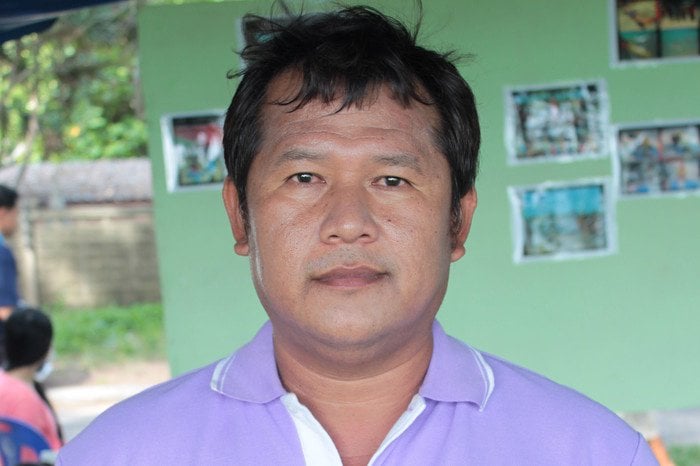Opinon: Life-saving lessons

Prathaiyut Chuayuan, 50, from Phuket, is the president of Phuket Lifeguard Club (PLC). He graduated from Prince of Songkhla University, Pattani campus, with a bachelor’s degree in physical education. He was involved in exchange programs in England and Australia related to life-saving services. He started his first job as a lifeguard at Le Meridien in Phuket in 1998. He has been the president of the PLC since 2003.
Here, he talks about how important lifeguards are in Phuket and worldwide, the problems they face on the island and his plans to bring life-saving services to Thailand’s other coastal provinces.
PHUKET: Lifeguards are essential. If there are swimmers, then there should be lifeguards. This principle is the foundation of the Phuket Lifeguard Club.
As Phuket is a well-known tourist destination where many people come to spend time at the beach, having proper life-saving services is imperative. Without lifeguards, accidents are more likely to happen, and these accidents could seriously damage the reputation of Phuket.
It is a service that is essential in both the high season and the low season, as accidents are unpredictable. Our job is to protect and help others, so we need to be on duty all year.
The low season has begun, which means the swimming conditions are riskier than ever. Swimmers should only be swimming in the safe zones, and lifeguards should be prepared for anything. Our members are well trained and know how to deal with the changing currents of the sea.
However, it is a very challenging job. We put ourselves at risk when we go out to save someone, but if we are careful, we can avoid unnecessary risks. If we are blessed with the appropriate skills, we should use them to help other people.
Besides being properly trained, it is vital that we have adequate equipment. For example, during low season’s strong waves, lifeguards must have jet-skis to rescue people. With jet-skis, we can reach victims quickly, and both lifeguards and the victim will be safe.
No matter how good a lifeguard is at his or her job, without proper equipment they cannot save lives.
Tourists can also help us achieve our goals on the beach. Advanced swimmers can help someone in distress. Many tourists have done this. I have often heard reports of tourists helping rescue victims while lifeguards are off-duty.
However, even advanced swimmers must be cautious if they decide to try and rescue someone.
All tourists, especially those less experienced in swimming, must listen to our instructions and obey all of the beach rules. These are set in place to protect them. If they care about their lives, then they should follow the rules.
One problem we often face in our line of work is the fact that many tourists don’t like to listen to us or they don’t believe in us.
We are often looked down upon by foreigners because Thai people are smaller than them, but this makes us even more determined to show them exactly how capable we are.
Phuket was the first province in Thailand to employ lifeguards. It is a fantastic starting point for the country and can serve as an example for other provinces.
We will continue to work with and learn from experts outside of Thailand to improve our services here, and we hope to take our skills and teach them to other lifeguards in Thailand’s other coastal provinces.
Next month, I will go to Pattaya to meet with lifeguards there, and help set up a lifeguard club for their beaches. This is another positive step toward a safer Thailand.
I used to often feel disheartened, as there are always obstacles to overcome in this career. However, when I see the Phuket Provincial Administration Organization, local residents, tourists and other individuals and organizations recognizing the importance of lifeguards and coming together to support us, it gives us strength. We will continue to stand up and push for lifeguards throughout the country.
— Kongleaphy Keam
Latest Thailand News
Follow The Thaiger on Google News:


























